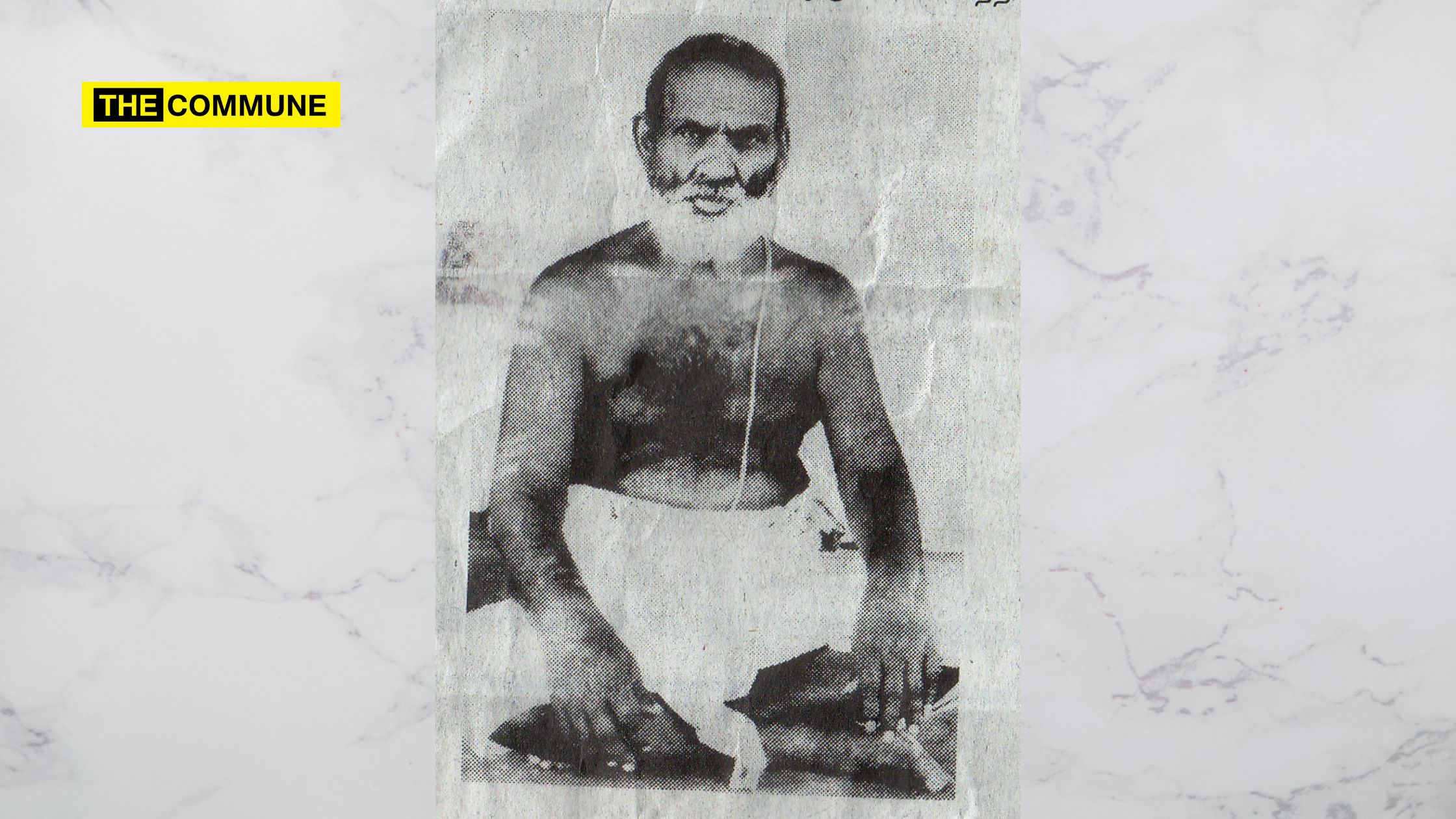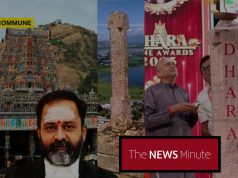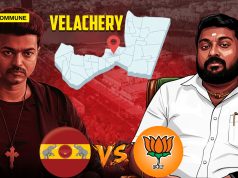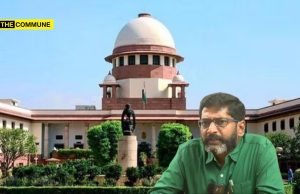
C Ganesa Iyer, a pioneering Tamil scholar and researcher from Jaffna, is celebrated for his significant contributions to Tamil grammar and literary studies. Known for his deep dedication to Tamil literature, Ganesa Iyer’s scholarly works, especially his comprehensive study of Tolkappiyam, have indelibly impacted Tamil academia.
Early Life And Education
Ganesa Iyer was born on 1 April 1878 in Punnalaikattuvan, an agricultural village near Jaffna. His family lineage was notable: his father, Chinnaiyar, was connected to the historic Ayakatavai Siddhivinayakar Temple, and his mother, Chinnammal, was the sister of the renowned astrologer Abdalaivilan Yogavana Iyer.
Ganesa Iyer received his early education in a Saiva school managed by his great-grandfather, Kathirgama Iyer. Later, he studied Tamil grammar under distinguished mentors, including Ponnambala Pillai and Kumaraswamy Pulavar, and developed a profound expertise in grammar and Sanskrit.
Career And Personal Life
Ganesa Iyer began his career as a primary school teacher and went on to teach at prestigious institutions, including the Vivekananda Siddhalai and Navalar Kavya School. During his seven-year tenure at Saivapadashala of Nainadiv, he contributed extensively to Tamil literature through his articles and public addresses. In 1921, he became headmaster of the Sunnagam Persian School, founded by Satasiva Iyer of the Arya Dravida Pashabi Vridhi Sangha, where he remained until 1932. His teaching notes eventually became sought-after publications.
After retiring from formal teaching, he engaged in private tutoring and led public lectures on Tamil grammar, often under a banyan tree near the Marutadi Ganesha Temple. He also provided public readings of ancient Tamil literature and astrological guidance.
Ganesa Iyer married Annalakshmi, the daughter of his paternal uncle, but they had no children. Following her passing, he donated land and a well, “Annalakshmi Koopam,” to the Marutadi Ganesha Temple, which still serves as the temple’s holy water source.
Scholarly Contributions And Literary Legacy
A prominent figure in Tamil scholarship, Ganesa Iyer authored groundbreaking research articles for notable publications like Senthamizh, covering topics such as Shaiva Siddhanta and Kamparamayana. He also authored numerous Tamil poems in devotion to deities, such as Maruthadi Vinayagar Prabandham and Thiruchelvachannidhi Nanmanimalai. His works on the structure and grammar of Tamil remain invaluable to Tamil literature.
His lasting fame comes from his contributions to Tolkappiyam, the oldest known Tamil grammar text. While others had previously published Tolkappiyam, comprehensive annotated versions were lacking. Ganesa Iyer undertook this monumental task, studying the commentary traditions of Nachinarkiniyar, Senavaraiyar, and Perasiriyar. He spent years researching in Madurai, working closely with D.K. Ramanuja Iyengar, to produce what remains one of the most respected annotated versions of Tolkappiyam to this day.
Tolkappiyam, the earliest Tamil grammar book which is available, was published by few of the Tamil scholars like VOC. However, a comprehensive book with the details of commentary was lacking.
C Ganesha Iyer, a Tamil scholar from Jaffna decided to undertake this task. He came… pic.twitter.com/gEyoVajc4W
— 𑀓𑀺𑀭𑀼𑀱𑁆𑀡𑀷𑁆 🇮🇳 (@tskrishnan) November 8, 2024
Recognition And Final Years
In 1938, Ganesa Iyer was honored with the title “Vithuva Siromani” by the Jaffna Arya-Dravida Pasha Vivrudhi Sangam, celebrating his contributions to Tamil studies. His final years were spent in ascetic devotion at an ashram near Marutadi Ganesha Temple, where he continued his teaching and research. On 3 November 1958, the Tamil world lost this extraordinary scholar, who was later commemorated with a Shiva Lingam at his memorial site. (Note: English Wiki mentions his death to have occurred on 8 November 1058)
Ganesa Iyer’s legacy endures, with the Colombo Kampan Kazhagam awarding an annual “Vithuva Siromani Ganesaiyar Award” in his memory. His work on Tolkappiyam and his dedication to Tamil scholarship have solidified his place among the most influential Tamil scholars of his time.
(With inputs from Tamil Wiki)
Subscribe to our channels on Telegram, WhatsApp, and Instagram and get the best stories of the day delivered to you personally.




